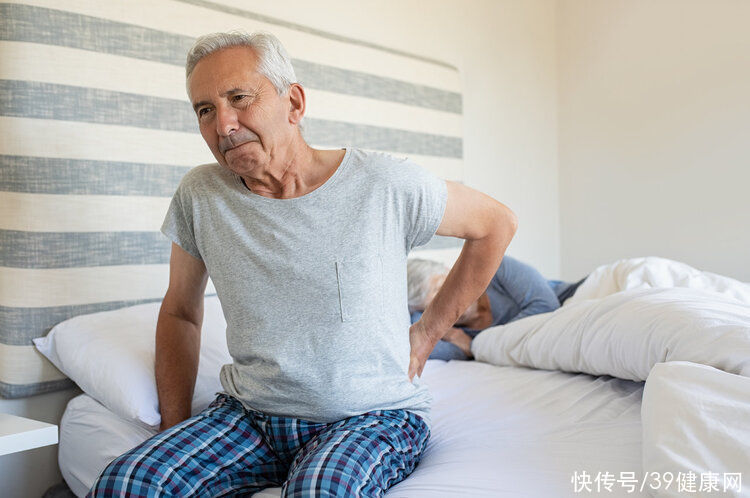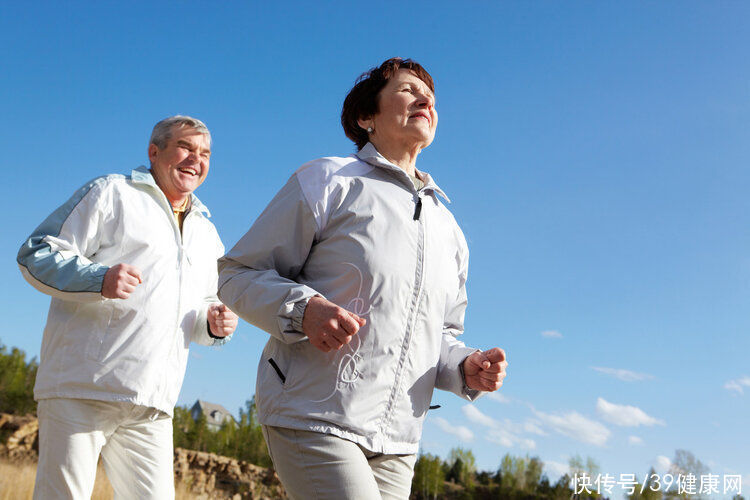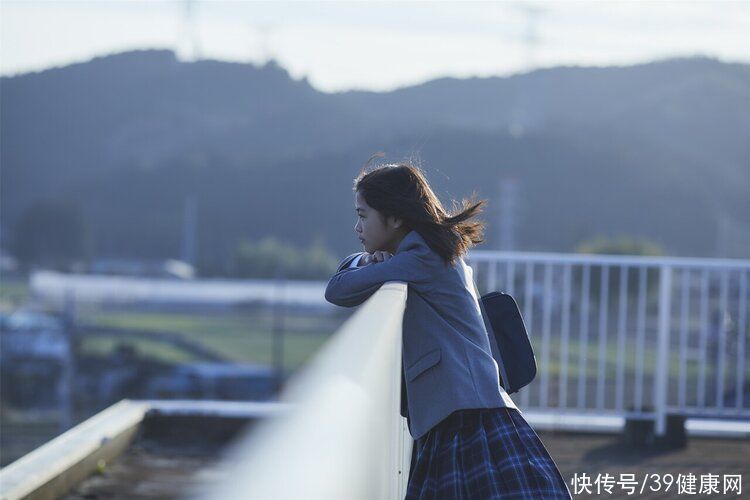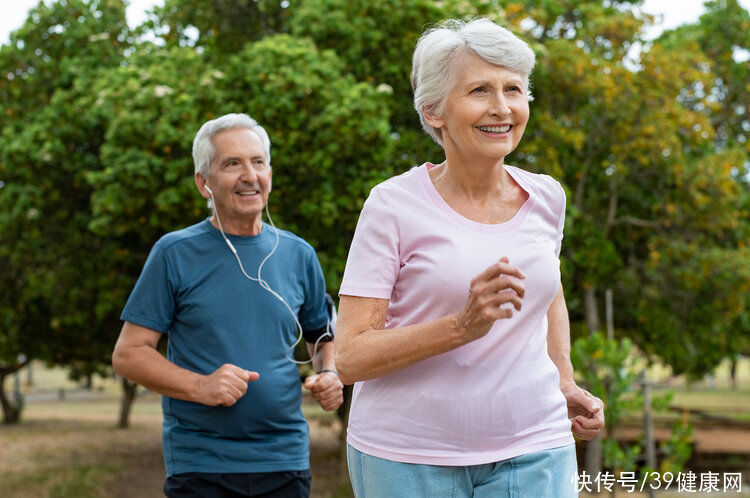Uncle Lu is 80 years old this year and has been suffering from chronic low back pain for more than 6 years. In order to relieve the low back pain, Uncle Lu tried various methods, but all had little effect.
Later, Uncle Lu simply stopped all treatments and reduced his activities on the ground. Can relieve low back pain. Unexpectedly, his lower back pain became more obvious. Later, Uncle Lu, who couldn’t stand it, had to go to the hospital for a check-up. The result was thatthe doctor told him that he suffered from disuse-muscle atrophy because he had not been able to exercise for a long time.
Some people say that life lies in movement; others say that life lies in rest. So, for the elderly, does life lie in exercise or rest?

1. Is life in “exercise” or “rest”?
Some people say that tortoises live longer because they don’t like to move, but many athletes have injured their organs because of sports, making them more short-lived.
Athletes have shorter lives? A 2021 study by Swansea University on the health and longevity of 160,000 athletes found that retired athletes lived significantly longer than the average person and had a lower risk of certain diseases.
Researchers in France counted the lifespans of 8,134 common summer and winter Olympic athletes in U.S. history from 1912 to 2012, and also found that < strong>On average, Olympic athletes live 5.1 years longer than the average person. The reason for this is mainly related to the lower risk of cardiovascular disease in Olympic athletes.
Some people also say that heart rate is inversely proportional to lifespan, so tortoises live longer, and “life is movement” is a lie. In fact, heart rate has little to do with longevity, and has a great relationship with the species of animal Relationship, the vast majority of frogs with a heart rate of 40-50 beats per minute have a lifespan of only about 10 years.

It is not true that heart rate is inversely related to lifespan, while Even if there is a certain law in animals, it does not mean that this law also holds in humans.
In 2020, a paper published in the BMJ (British Medical Journal) examined more than 1,500 Older adults were studied. The researchers divided the elderly into a high-intensity exercise group, a control group, and a moderate-intensity exercise group in turn, and asked them to do high-intensity exercise twice a week, moderate-intensity exercise twice a week, and no mandatory exercise.
After 5 years, the researchers analyzed the physical function of the three groups of elderly and found that the elderly in the high-intensity exercise group Both physical and psychological status were better than the other 2 groups, and the mortality rate was also the lowest.
Cardiovascular Dr. Wang pointed out that if there is too much stillness and too little exercise, this is an unhealthy living state, and excessive exercise may also cause the opposite result. So this is a degree of grasp.

Second, why Japanese people don’t like sports, but they live a long life
< span> “The Lancet Global Health” once published an article and found that Japan ranks 11th in the list of countries that love sports least in the world, and about 60% of people do not like sports. However, as we all know, Japan is a country with longevity. The “World Health Statistics 2018” ranked countries in terms of life expectancy, and Japan ranked first, reaching 84 years old. Why is this?
From the perspective of eating habits and lifestyle, there may be the following reasons:
·Eat well Less
There are many dishes on the table when the Japanese eat, but they are all very “small”, and the weight is very small. They will eat a lot, and they have the habit of eating only 80% full, and seldom eat and drink.
·Eat lightly
Japanese tastes are relatively light, and they pay attention to the originality of the ingredients. Original flavor, generally less oil, less salt, less seasoning. The cooking method is mainly raw or steamed, and Japanese cuisine is also called “water cuisine”. On the contrary, we like stir-frying, frying, roasting and other cooking methods, which not only easily lose a lot of nutrients in food, but also may produce carcinogens.

·eat all
Japan is an island country, and seafood is an essential dish on the Japanese table, especially deep-sea fish, which can help prevent cardiovascular disease. In addition, the Japanese also like to eat soy products. Studies have found that soy isoflavones contained in soy products can fight cancer, and soy protein can prevent heart disease.
Control your waistline
Obesity is closely related to the occurrence of various diseases. Japan, regardless of gender, age, and age, pays more attention to body management. A 2017 survey showed that the world’s thinnest country is Japan, with an adult obesity rate of only 3.7%. Japanese law also stipulates that companies must conduct annual waist checks on employees aged 40-75.
·Combination of work and rest
Although the work pressure is relatively high, Japanese people pay attention to work and work. Ease of union, rest when it is time to rest. Japanese people love travel and health care, they can regulate bad emotions and maintain physical and mental health.

Third, sports teaching methods, several mistakes are made
So, it’s not wrong at all that life lies in the right amount of exercise. But it should be noted that in order to exert the greatest value of sports, it is necessary to pay attention to the scientific method. When exercising, the following mistakes are made, otherwise it may be counterproductive:
1. Pursue high-intensity exercise
Exercise should be moderate, do not blindly pursue high-intensity exercise. Like not exercising at ordinary times and exercising hard on weekends, not only will you not be able to enjoy the benefits of exercise, but it may overwhelm your body, resulting in muscle strain, even cause rhabdomyolysis.
2. Rest immediately after exercise
Do not sit or squat immediately after exercise Rest, otherwise it will hinder the return of blood to the lower limbs, affect blood circulation, and make yourself more tired. The correct approach should be to adjust the breathing rhythm, then walk and swing, < /strong>In order to speed up the speed of physical recovery.

3, losing weight means losing weight< /strong>
The purpose of exercise is not to lose weight, but to be healthy. If you find that your weight has not dropped after exercising for a period of time, and you feel that exercise is useless, you are wrong. . As long as exercise burns fat and builds muscle, it’s a success.
4. Stretching after exercise is optional
Be sure to stretch after exercise Stretch, which can extend and lengthen the muscles that are used more in exercise, relieve muscle fatigue and restore muscle function, for the next exercise prepare. When stretching, you can choose static stretching, fix the position, and continue to exert force slowly.

Exercise is definitely beneficial to the body, provided it is exercised scientifically and reasonably. In the face of sports, we should not “kill a boat with a single pole”, because there are cases of sports-related deaths and we will blindly draw conclusions. All in all, life is movement, and movement can make us healthier.
References
[1] “Chronic low back pain, cannot be “rested” for a long time”. Peking University Third Hospital. 2020-11-02 p>
[2] “Why do Japanese people live the healthiest and long life? These “secrets” are worth learning from~” . I am the official Weibo of a big doctor. 2021-10-31
[3] “Can you lose fat after aerobic exercise for more than 40 minutes? Experts from the General Administration of Sports correct the top ten misunderstandings of fitness, how many do you believe? 》.Health Times. 2019-07-27
Reprinting is prohibited without the author’s permission